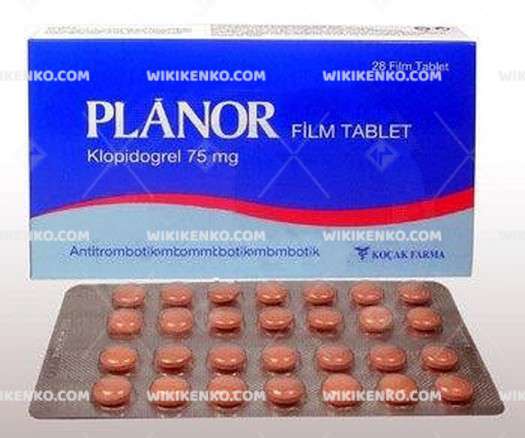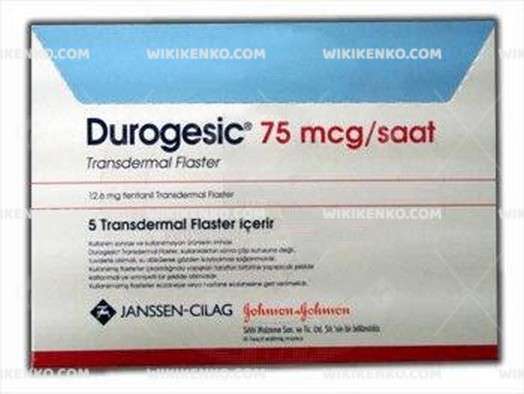Description
Planor Film Tablet is specifically crafted to combat the formation of blood clots, scientifically termed “thrombi,” within the constricted confines of hardened blood vessels, particularly arteries. This process, known as “atherothrombosis,” poses a significant risk, potentially leading to atherothrombotic events such as stroke, heart attacks, or even fatality.
The Applications
Your healthcare provider may prescribe Planor Film Tablet for a variety of reasons, primarily if you fall into one of the following categories:
Arteriosclerosis and Previous Cardiovascular Events
If you have a history of arteriosclerosis (atherothrombosis) and have previously experienced a heart attack, stroke, or have been diagnosed with peripheral artery disease, Planor might be part of your prescribed treatment.
Unstable Angina or Myocardial Infarction
In cases where you’ve encountered severe chest pain known as “unstable angina” or suffered a “myocardial infarction” (heart attack), your healthcare provider might recommend Planor in conjunction with acetylsalicylic acid to address your condition effectively.
Atrial Fibrillation and Oral Anticoagulants
If you’ve been diagnosed with atrial fibrillation, a condition characterized by irregular heartbeats, and cannot utilize “oral anticoagulants” (drugs designed to inhibit clot formation and growth, also known as vitamin K antagonists), Planor+acetylsalicylic acid treatment may be the prescribed course. This choice becomes particularly relevant when oral anticoagulants are deemed more effective than acetylsalicylic acid or Planor + acetylsalicylic acid treatment, considering your specific health condition and risk factors.
Side Effects
Planor Film Tablet is generally well-tolerated; however, like all medications, it can lead to side effects, albeit not everyone may experience them. For a comprehensive list of potential side effects and other essential information, it is advisable to consult the package leaflet or seek guidance from your healthcare provider or pharmacist.
Common Side Effects
While Planor Film Tablet is generally well-tolerated, a few common side effects might manifest, including:
- Influenza-like symptoms
- Headache
- Upper respiratory tract infection
- Dizziness
- Muscle and back pain
- Rash
It’s crucial to understand that this list is not exhaustive, and other side effects could potentially occur. If you encounter any unusual symptoms while taking Planor, prompt consultation with your healthcare provider is recommended for precise and up-to-date information.
Planor Film Tablet Benefits
Planor Film Tablet, housing the active ingredient clopidogrel, brings forth a range of benefits:
Prevention of Blood Clots
One of its primary purposes is to thwart the formation of blood clots within rigid blood vessels, a process termed “atherothrombosis.” By doing so, it aids in lowering the risk of atherothrombotic events, encompassing stroke, heart attacks, and even mortality.
Safeguarding Active Ingredients
The film coating that envelops Planor tablets serves as a protective shield for the active pharmaceutical components, shielding them from adverse elements such as light, oxidation, and moisture. This ensures that the medication retains its effectiveness even after prolonged storage.
Controlled Drug Release
The film coating facilitates precise control over the release of the active ingredient, covering aspects like site, rate, and timing. This is particularly significant for drugs that require delayed or sustained release to maintain their efficacy over a specified duration.
Enhanced Patient Compliance
The film coating enhances the tablet’s ease of consumption, potentially leading to improved patient compliance. Furthermore, it contributes to the tablet’s overall aesthetic quality, encompassing attributes like color, texture, and taste.
It’s imperative to note that while these benefits augment the efficiency and user-friendliness of Planor Film Tablet, the guidance of a healthcare professional is crucial to ensure its safe and effective use.
Mechanism of Action
The active ingredient in Planor Film Tablet, clopidogrel, functions as an antithrombotic drug, deploying a well-defined mechanism of action. It involves the conversion of clopidogrel into an active metabolite by the liver enzyme CYP2C19. This metabolite specifically inhibits the binding of adenosine diphosphate (ADP) to its platelet P2Y12 receptor and the subsequent ADP-mediated activation of the glycoprotein GPIIb/IIIa complex.
This inhibition, in turn, hampers platelet aggregation, ultimately preventing the formation of blood clots. This critical action serves to reduce the risk of heart attacks or strokes in patients with a history of these conditions.
Conclusion
In conclusion, Planor Film Tablet stands as a formidable weapon in the fight against blood clots and the potential life-threatening consequences of atherothrombosis. Its active ingredient, clopidogrel, precisely targets the mechanisms behind clot formation, ensuring a safer and healthier path for those at risk of atherothrombotic events.
This comprehensive guide illuminates the multifaceted nature of Planor Film Tablet, shedding light on its diverse applications, potential side effects, and the invaluable benefits it offers. While it enhances patient compliance and safeguards the efficacy of active ingredients, the importance of medical supervision in its usage cannot be overstated











Reviews
There are no reviews yet.